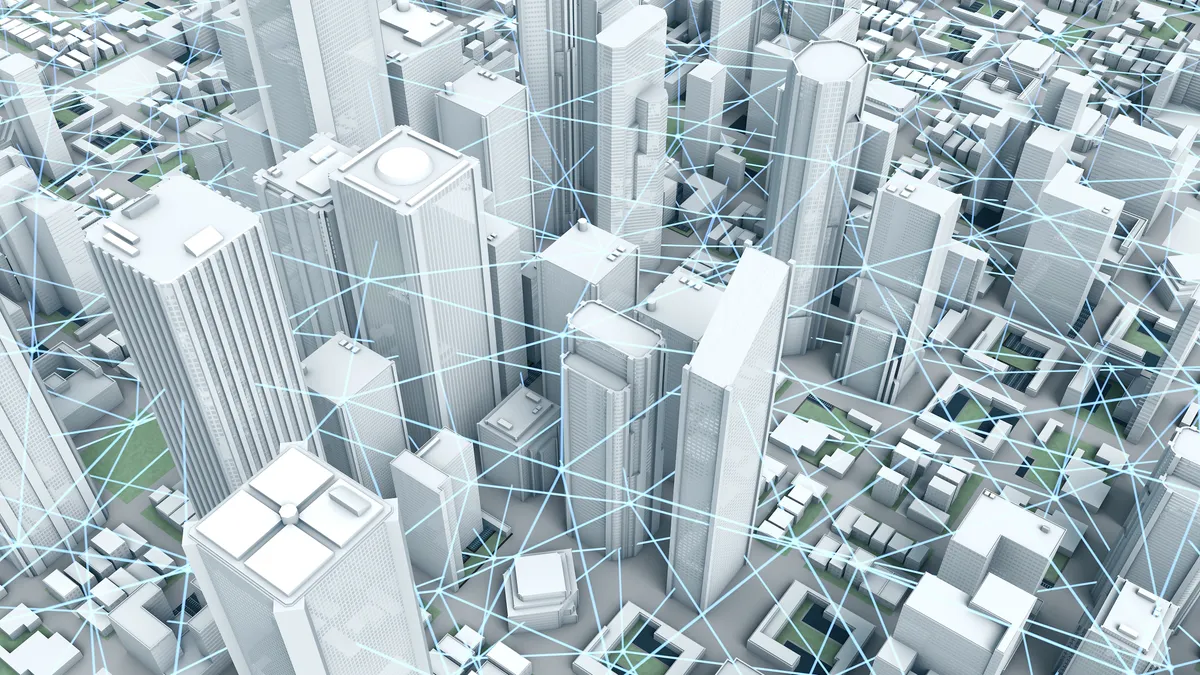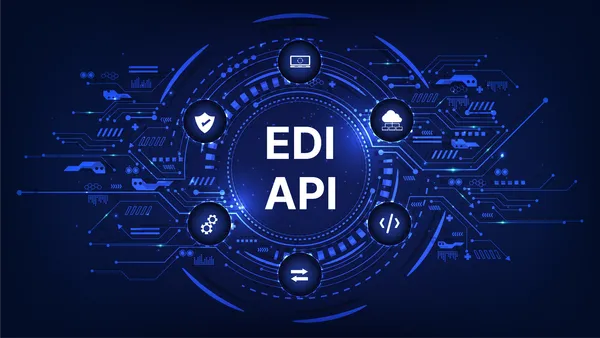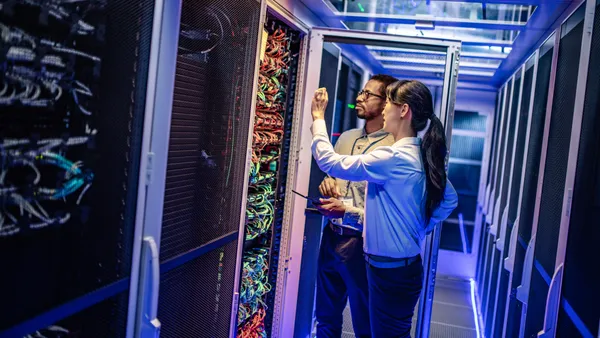Dive Brief:
- If cities are to effectively manage the vast amounts of data they collect from internet of things (IoT) devices, they need to take a holistic approach and break down silos, speakers said during a panel discussion at Smart Cities Connect in Denver last week.
- All too often, city leaders are guilty of thinking of IoT initiatives — like smart lighting and smart parking — as isolated strategies. Instead, Rob Silverberg, Dell EMC's chief technology officer for digital communities, said cities should use a "system of systems" in their IoT and data collection strategy and think about how, for example, smart parking fits into a wider goal of having smart transportation.
- "What [cities are] starting to realize is that they're implementing silos," Silverberg told Smart Cities Dive in an interview after the panel discussion. "As they start to look at it more strategically, some of the cities have decided to establish more of a platform approach."
Dive Insight:
It promises to be a difficult task for cities to manage the sheer amount of data they will be collecting through connected devices of all kinds. According to an estimate given during the panel, there could be as many as 200 billion connected devices worldwide by 2031, and it will be imperative for governments to be able to manage all the data gathered and use it in ways that will make its residents' lives better.
As cities experiment with initiatives like smart parking and smart lighting, they will need to work across departments to ensure that decisions are being made in the best way possible.
But that might be easier said than done. During the panel discussion, Portland, OR's smart cities open data coordinator Hector Dominguez said while the city has worked extremely hard on its open data policy, including passing legislation supporting it, pitfalls remain.
Portland uses a city commission form of government, meaning elected leaders are responsible for specific areas of policy, so there could be moments of confusion. Dominguez said despite the apparent separation of departments and policy that might undermine an open data push, work is underway to change that. "At this point every bureau is siloed and we have to create agreements to share data, which we're working on right now. But it's a challenge," he said.
Cities have also expressed some reluctance to rely more on IoT devices and data due to privacy concerns raised by residents and leaders, some of whom are nervous about the idea of being surveilled by a government entity. But while the likes of facial recognition technology like Amazon's Rekognition have come under fire, there are valid applications, and a good deal of people support its use in certain circumstances, according to public polls.
In a similar vein, Silverberg said while smart intersections may have previously been recording and keeping videos, the technology has evolved such that cameras are now more like sensors, so can provide relevant information while not collecting personal data. "The concept of video cameras as a sensor but not capturing people or capturing personal information is where I think we're headed for a lot of these cities," Silverberg said.















